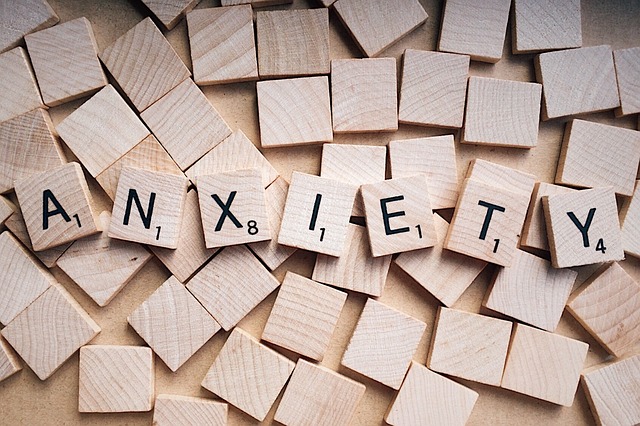This is something that isn’t talked about much in counselling and psychology, as health practitioners often tend to focus on the problematic aspects of anxiety. To be fair, anxiety when it’s bad can feel awful and severely disrupt a person’s enjoyment of life. But there are other, more positive ways to think about it too – counsellors call it ‘reframing’.
Can anxiety be helpful?
Yes, it can. It makes us cautious, which is a good thing if we are in a dangerous or unknown situation. So, anxiety can keep us safe. People that have anxious tendencies also tend to make excellent students and employees, they are vigilant and can be quite perfectionistic. The same goes for an anxious parent, they are caring and want the best for their kids. Due to their sensitivity, they can also be quite tuned into their surroundings and the people in their world – fantastic emotional intelligence.
And for those days when anxiety is NOT helpful:
Certain things help certain people more, but here’s a few that I have seen clients consistently achieve success with, over the years:
Breathe, breathe, breathe – the science behind this is indisputable. Slow it right down, it’s harder for the brain to keep pumping those stress chemicals out if you are inducing relaxation in your body.
Catch yourself ruminating – you might think you are problem solving, but check yourself – are you obsessing and if so, is this helpful?
Accept it. Anxiety doesn’t define you, but for whatever reason (and this is the tricky thing, as we don’t always know what causes anxiety in one person, where in another there is a clear trigger) you may be prone to it. Work with it, embrace it, get to know it, love it even. Your body is trying to protect you, though yes, it may have gone into overdrive.
Be aware of negative internal dialogue – some days getting out of bed can be a struggle, be mindful of what you are saying to yourself, are you making it worse?
Lastly, and I do bang on about this a lot, self care is imperative – it is harder for anxiety to get a grip when you are just doing better in life – eating and sleeping well, exercising, taking care of your relationships.
Maintaining
Try not to wait until anxiety hits, rather – take a ‘maintenance’ approach, where you take care of yourself as naturally as you do other, more obvious things like eating, drinking and working.

